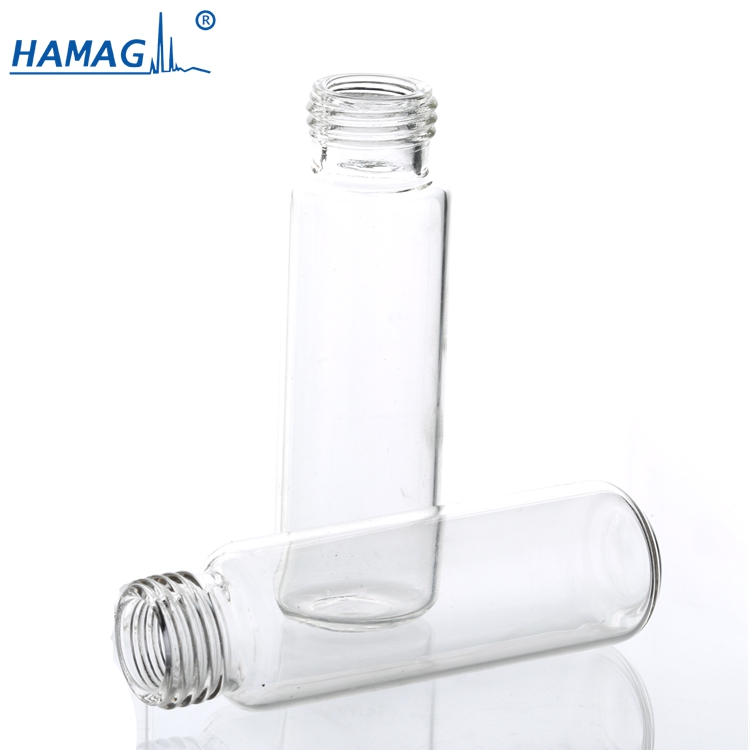Example video title will go here for this video
Example video title will go here for this video 2ml Crimp Vial

HOLLAND, Mich. — A Holland man recently discovered a glass vial dated 1876 while digging in his backyard. He’s now on a mission to uncover the history of his discovery and says he wants to take everyone along for the journey.
13 ON YOUR SIDE met Joshua Culver at the home where he says he dug up the vials, and we asked him, “Why did you go digging around back here? What made you do that?”
He said, “I’ve got younger boys – one’s seven, one’s eight – and they’re kind of little treasure hunters.”
He explained some of the techniques they used like, “We were using the water so that we could kind of soften the dirt up a little bit so we weren’t breaking anything.”
Right away, he says, they found something.
“We started finding fragments, little pieces of glass and stuff like that while we were digging and then it turned into full-on treasure hunting,” said Culver.
First, just bits and pieces. Then about an hour in, the first glass vial, all in one piece. Then, he says, “We came across this bottle and we got super excited.”
A second glass vial, dated 1876, with the name Heber Walsh, and Holland on it.
“I’d never, at that point, even heard of Heber Walsh and then started doing a little research,” said Culver.
So did we. 13 ON YOUR SIDE reached out to Holland Museum registrar, Rich Jenkins, who explained just about anybody might find things from the past buried underground. Though, he also advises anyone else considering digging in the backyard to use caution to avoid hitting any utility lines.
Jenkins also explained that the discovery is likely the result of a different way of living.
“Well, back then, they wouldn’t have had waste management. It would’ve just been to throw it under the house or in the house or you’d find things behind the walls,” said Jenkins.
A common practice back in those days.
Culver said his house “was built in like 1896.”
At that time, it possibly resembled the Settlers House in Holland, just blocks away from Culver’s home where the Heber Walsh vial was discovered.
The Settlers House was built around 1867 and was recently restored to how it would’ve looked around that time, complete with a display of the items found underneath and around that home, including more glass vials.
Jenkins said all types of things were found, like “bones, dinner, old toys, anything that needed to be discarded. It had to go somewhere.”
The Settlers House, appropriately, has an outhouse. Inside, there’s a note calling for a meeting of citizens dated one month after the historic Holland fire of 1871. Heber Walsh is listed on that note.
“What I found out about the bottle was Heber Walsh was a pharmacist here in town, possibly one of the first,” said Culver.
In those times, Jenkins says they were called, “a druggist, and his son was a druggist,” referring to Walsh's son.
Culver says, “I want everybody to be able to see it and appreciate it,” and so, he said has no intentions of selling the vial, even though, “I mean, I’ve had a couple of crazy offers on it.”
Culver added that, “I don’t really want to say on camera,” how much he’s been offered for the historic bottle.
He said wants to donate the items, maybe to the Holland Museum.
Jenkins said this would be a welcome addition.
“Well, we collect stories and that bottle with his name on it is a story and we don’t have much of anything in our collection on Heber Walsh,” he said.
Walsh is buried at the Pilgrim Home Cemetery in Holland.
13 ON YOUR SIDE asked Culver, “Do you all intend to dig up this whole backyard?”
Culver laughed, saying, “No, I don’t think we’re going to tear up the whole backyard. I don’t think my wife would like that too much. We’re going to go a little bit further.”
This journey is only beginning.
“I kind of bring Heber Walsh back to life for a little bit,” said Culver.
Ultimately, Jenkins said during that time, people just had no other way to throw things away.
Some sources suggest mass waste management didn’t become a common practice until the 1890s.
►Make it easy to keep up to date with more stories like this. Download the 13 ON YOUR SIDE app now.
Have a news tip? Email news@13onyourside.com, visit our Facebook page or Twitter. Subscribe to our YouTube channel.

Hplc Vial With Septa Notifications can be turned off anytime in the browser settings.